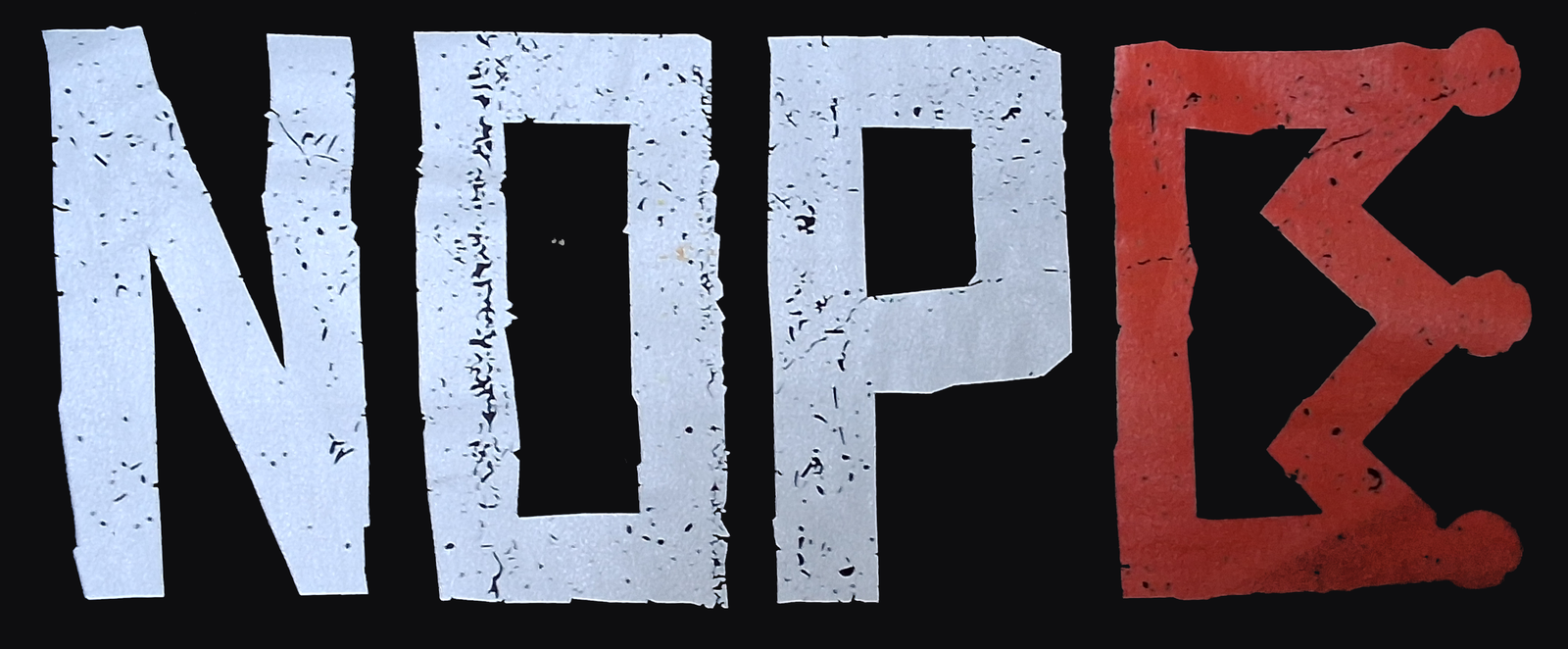
(No kings, no oligarchs)
Last week, I outlined why I went to the effort of removing Google services from one of my portfolio websites. This week, I’m going to talk about ‘how’. But in the immediate aftermath of ‘No Kings’ Day, I want to share a few last observations on the ‘why’ part.
But not my observations.
At the Washington DC No Kings event, Sen. Bernie Sanders spoke bluntly and eloquently on the dangers posed to democracy by a class of multibillionaire tech overlords acting without accountability and with an apparent belief in the ‘divine right of oligarchs’. Watch the video. Bernie brings it better than I can.
Now, back to the tech– and the ‘how’ of it all.
PDXcomm.net is a work in progress / proof of concept. I created it to give myself a place to work on my professional skills and add a few more. I originally built it on Concrete CMS because it was a platform I’d never used, it was free/open source, and the company that developed it is right here in my adopted home city of Portland, Oregon.
It’s also an extremely powerful and extensible CMS platform, supported by an impressive community of web developers and software engineers. No, it does not have the vast library of free and commercial themes/extensions available for WordPress, but I don’t see that as a problem. Instead of shopping around for the perfect combination of plugins and themes, ala WordPress, I was able to customize Concrete’s default theme to my needs. Instead of trying and discarding dozens of plugins that came reasonably close to doing what I wanted, I was able to extend available free and open Concrete add-ons. By the end of the project, I was writing my own.
With a little help, of course.
I first touched on ‘Vibe Coding’ back in July, at the start of this project. I had previously expressed doubts about the growing AI Bubble, doubts I continue to have. The parallels to the 90’s ‘Dot-com’ boom/bust are fairly obvious to anyone with a resume long enough to remember those days. The possibility that the AI bubble will burst with at least equally damaging results is far from trivial. The fact that AI is the latest and most damning abstraction layer between human-created data and content and human ability to ingest that data and content is equally a concern… at least to me.
But like Luthen Rael, I’m more or less damned to use the methods of the opposition. And I cannot argue with the results. At its best, working with an AI coding assistant is like working with a really good developer who understands requirements and writes code that meets the requirements simply and effectively. At its worst, working with an AI coding assistant is like working with the worst developer imaginable – one that lies, flatters, steals, and has to be constantly reminded of coding standards and base requirements.
What started out as a custom content block to query Open Street Map for a business’s hours of operation grew into a fairly extensive ‘neighborhood directory’ package that I eventually intend to make available on the Concrete Marketplace. Using the tools I developed with AI assistance, I was able to generate a business/community services directory with roughly 3,000 entries, complete with clickable maps and wayfinding. Generating the directory only took minutes. And – unlike Google – Open Street Map is a community-driven, privacy-respecting open project.
I’ll be further refining this neighborhood directory package soon, but for now I have a working ‘proof of concept.’ At some point, I’ll be writing more about this. I’ll also be writing about the essentially socratic method of writing prompts for AI that result in non-junk results.
The next step in ‘DeGooglefication’ was finding an alternative to Google Analytics. That was fairly simple. After reading a blog piece on Concrete’s own website describing how they had adopted Matomo for use on their site, I decided it was more than sufficient for my purposes. Done, and I think I will be sticking with it.
The next step on this project doesn’t really have anything to do with Google, but it addresses other ‘big tech’ dependencies I’d prefer to do without. No one is going to be using a community portal site simply to get directions they can more easily get on their phone. There has to be other content. The easiest way to make that happen is user-generated content.
And that means social media.
When I began this project a year ago, I got as far as finding a free/open source social platform I could self-host. I’ll be moving forward with that in the near future. I’m also going to be moving forward with integrating NextCloud into this technology stack to provide Google Drive-like online document sharing and authoring.
Somewhere along the line, I also want to try to develop a community ownership model for shared/federated digital assets. It isn’t enough to just find alternatives to technologies owned by fascist-friendly tech oligarchs. There desperately needs to be an alternative to the passive consumerism that empowered those oligarchs in the first place. In the immediate aftermath of seven million people taking to the streets to protest authoritarianism, I’m more hopeful than I have been in a long time that alternatives can be found.


